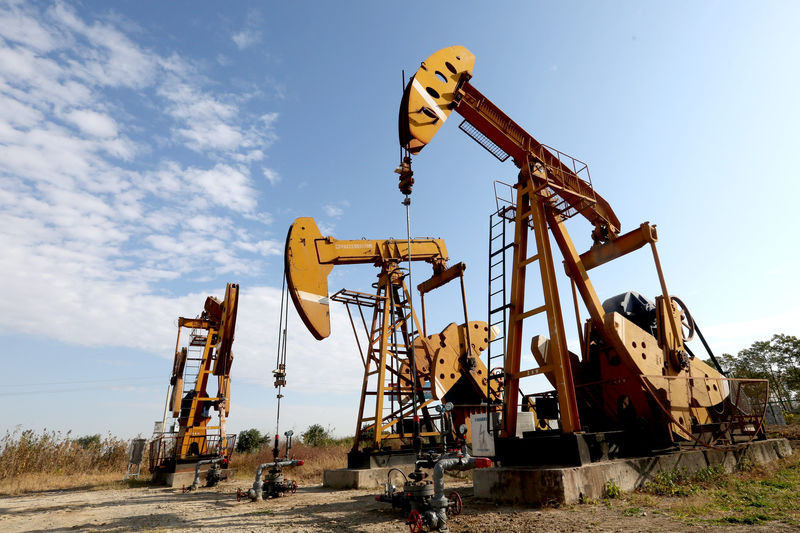By Peter Nurse
Investing.com -- Oil prices stabilized Monday after last week’s volatility, as traders tried to digest the potential summit between the leaders of Russia and the U.S. to discuss the Ukraine situation as well as the possibility of Iranian exports returning to the global market.
By 4:20 AM ET (0920 GMT), U.S. crude futures traded 0.1% lower at $90.11 a barrel, while the Brent contract fell 0.1% to $91.33. Both contracts recorded their first weekly fall in nine weeks last week in volatile trading.
Gasoline RBOB Futures were down 0.2% at $2.8045 a gallon.
News of fresh diplomatic efforts to resolve the Ukraine crisis has taken the edge off the crude market, after the office of French President Emmanuel Macron said in a statement on Monday that U.S. President Joe Biden and Russian President Vladimir Putin have agreed in principle to a summit.
The market had been supported over the last week by tensions on the Ukrainian border as Russia massed troops there while also conducting military exercises in neighboring Belarus. A Russian invasion and subsequent retaliatory U.S.-led sanctions could upset global energy supplies.
While the idea of diplomacy working has seen prices fall back from their highest levels for over seven years, there still remains a great deal of uncertainty over what a summit can achieve.
“Whilst there is plenty of uncertainty about what Russia may do, there is even more uncertainty over how the West may respond,” said analysts at ING, in a note. “The U.S. has suggested that it will retaliate with sanctions, however, it is unclear how far-reaching these would be or whether it would impact Russian crude oil exports. Given that Russia is the second-largest crude oil exporter, any impact on Russian crude oil flows would be bullish.”
Away from the Ukraine border, the other main topic of discussion in the crude markets is the efforts to revive Iran’s 2015 nuclear agreement, with a senior European Union official stating on Friday that such a deal was "very very close".
The successful signing of an agreement would likely result in the rescinding of sanctions of the Persian Gulf country’s crude exports, raising the possibility of as much as one million barrels a day of Iranian crude returning to the market.
“A deal would obviously be a bearish development for the market, particularly if Iran is able to ramp up exports fairly quickly. However, just how bearish would depend on where we are with Russia-Ukraine by that time,” added ING.
